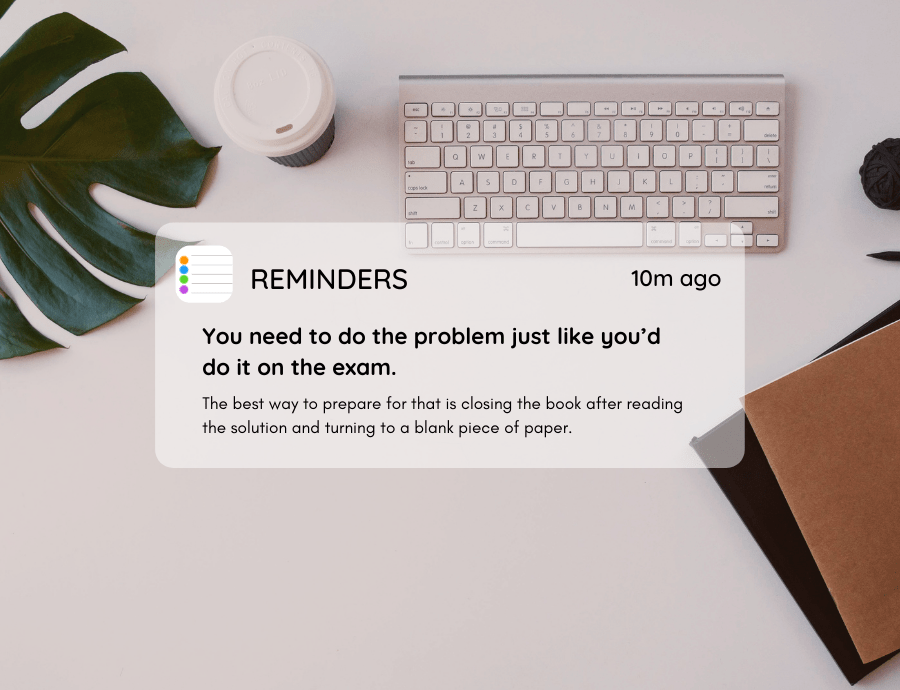You’ve worked hard all semester; you’ve struggled through lectures, assignments, tests and quizzes, and you’ve studied hard for these exams. Now is the time to show off what you know. Now is not the time to wipe out because you saw a question that threw you. But all those exam nightmares that you’ve no doubt been hearing about (panicking, freezing up, forgetting everything, etc.) are avoidable.
Writing an exam takes just as much strategy as planning and studying. Work wisely. Strategize with time-management, question management, focus, and effort. Here are some tips to help you work as well on these exams as you have all semester.
Think strategically, even as you write your exams, and give yourself your best chance for success. For even more help with preparation and strategy, check out Prep101.
Writing an exam takes just as much strategy as planning and studying. Work wisely. Strategize with time-management, question management, focus, and effort. Here are some tips to help you work as well on these exams as you have all semester.
- Skim through the exam first. Get your brain active and working. Even as you start to work at questions, your brain will be preparing and gathering material for others. You’ll be shocked at what you’ve already figured out about the hardest questions by the time you get to them.
- Make a (flexible) schedule to keep yourself from running out of time. Give yourself the best chance to succeed by planning your time before you even start to write. A time management plan might take two to three minutes, but can save you substantial marks. Look through the exam, and take note of the relative weight and sizes of the questions. Then divvy up the time. Assign each section, or each question, a firm allotment of time, and promise yourself that if you haven’t cracked the question within a few minutes of that time, you’ll move on. If you’re clever in your planning, you won’t have to be that strict; the time you save breezing through the very easy questions will give you more than enough buffer.
- Tackle easy questions first. Rack up all the marks that you can as soon as the exam starts. Then you’ll feel great because you know that you’ve already accomplished a lot, and you won’t run out of time and miss easy marks. Don’t worry about wasting energy on easy questions while the hard ones need more focus. Since you’ve already read through all the questions, your brain is likely working away on the hardest ones in the background. You’ll find that you approach them more confidently and creatively once you get there.
- If you get stuck, move on. If you’ve already tried some solutions, then your brain will have trouble changing track and trying something completely different, and you run the risk of getting frustrated. Don’t keep working on it. Look at something else for a while: you need a breather. You need to clear your head of the question, and come back to it with new perspective. Take a break. Look at another question. Proof-read, if you’ve finished everything else. You need to come back to the question with a new outlook and new perspective. Give yourself some mental space to become creative.
- Understand what you need, if you find yourself getting anxious. Everyone has tough moments during exams. Find out what you need if you feel your focus waning, and your panic revving up. Some people like deep breathing. Some people need a drink of water. Others need to shut their eyes for a few minutes. Find out what works for you, so that you can get back to work recharged, creative, and focused.
- Take breaks if you need them, and think about everything you have. Don’t let yourself get overwhelmed. Stay positive. Don’t bog down your brain with negative thinking when you need focus and clarity.
Think strategically, even as you write your exams, and give yourself your best chance for success. For even more help with preparation and strategy, check out Prep101.








